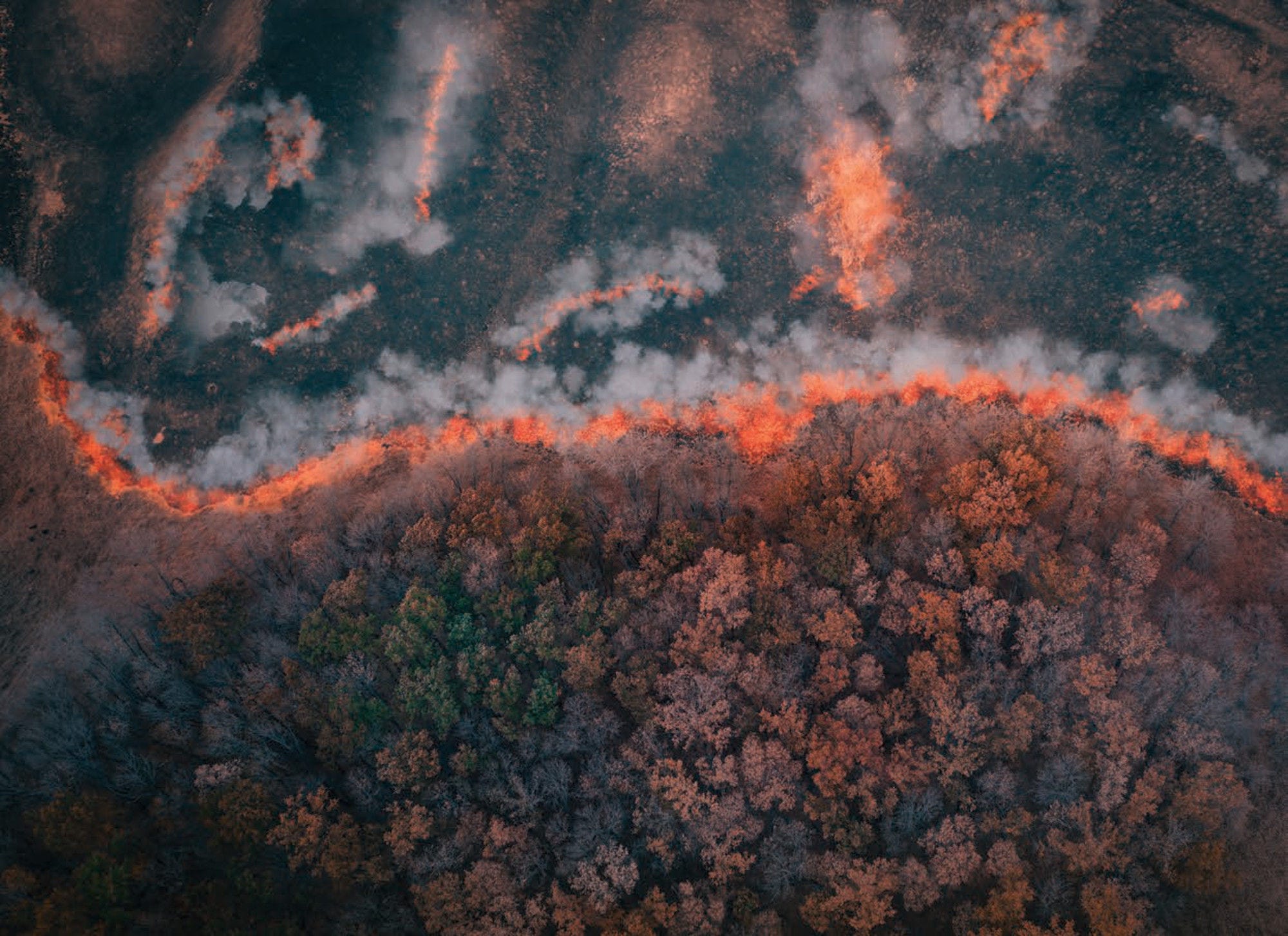This report was developed by the OECD Environment Directorate, directed by Jo Tyndall, under the guidance of Walid Oueslati, acting Head of the Climate, Water and Biodiversity Division at the OECD Environment Directorate. The report is authored by Marta Arbinolo and Catherine Gamper. Ágnes Szuda is a contributing author. The report benefitted from valuable research assistance provided by Brooke Demchuck, Dávid Munka, Maike Kirsch and Giulia Bonazzi from the OECD Environment Directorate. Background papers were received from Stefan Doerr (Swansea University, United Kingdom) and Cristina Santín (Biodiversity Research Institute, Spain), as well as from Peter Howard and Chelsea Pardini (New York University, United States).
The work benefitted from presentations and discussions held during the OECD conference on “Adapting to a changing climate in the management of wildfires” on 16-17 January 2020, as well as during meetings of the OECD Task Force on Climate Change Adaptation and the Working Party on Climate, Investment and Development. The authors are grateful for the oversight and review provided by the Environment Policy Committee.
The authors are thankful for the feedback received from the following OECD colleagues on earlier versions of the report: Nestor Alfonzo Santamaria, Jane Ellis, Maike Kirsch, Marijn Korndewal, Helen Laubenstein, Xavier Leflaive, Mikaël Maes, Michael Mullan, Edward Perry, Mikaela Rambali and Leigh Wolfrom. The authors would also like to thank Stefan Doerr and Cristina Santín for their insightful, substantive guidance throughout the preparation of the report. The external review provided by Geoff Cary (Australia National University) is also gratefully acknowledged.
Charlotte Raoult, Sama Al Taher Cucci, Beth Del Bourgo, Ines Reale, William Foster, Jane Kynaston and Catherine Bremer from the OECD Environment Directorate and the OECD Public Affairs and Communications Directorate provided invaluable administrative and communications support. Jennifer Alain provided editorial assistance.
This report would not have been possible without the commitment and significant contributions from country colleagues who co-ordinated the preparation of the case study work, and in particular Tricia Addie, Alexandra Nichols, Raoul Raward and Jane Vergara from the National Emergency Management Agency in Australia; Mauricio Arias Zumbado from the National System of Conservation Areas in Costa Rica; Ilias Prevezas and Kosmas Stampoulidis from the Ministry for Climate Crisis and Civil Protection in Greece; Bertília Valadas from the Ministry of the Environment and Climate Action and João Verde from the Agency for the Integrated Management of Rural Fires in Portugal; and Shawn Carter and Emily Orzechowski from the United States Geological Survey. Financial support from Greece and Portugal is gratefully acknowledged.
